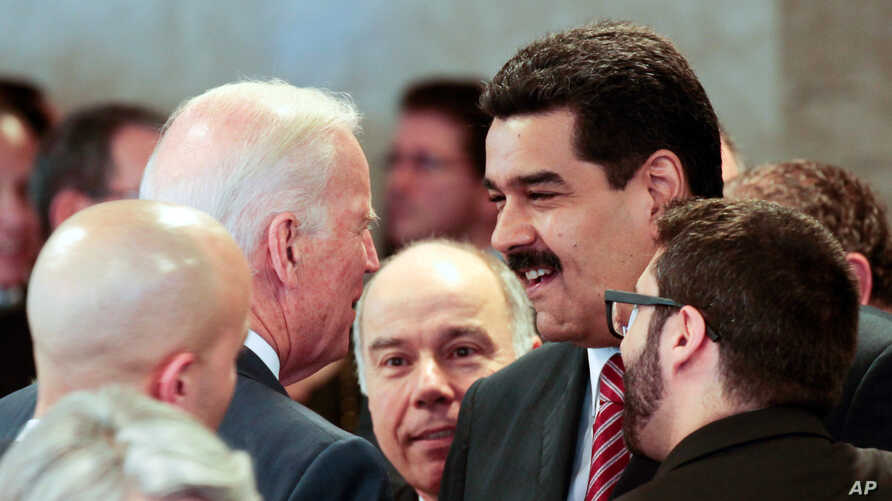
Courtesy of Miraflores presidential press office
Speculation arises about whether the Biden administration’s actions are undermining Venezuela’s democratic opposition, although it isn’t explicitly seeking to do so. Recent interactions between the U.S. and the Maduro regime, including a significant meeting on July 3, have raised concerns. Historically, the Maduro regime has manipulated the electoral process, including barring opposition candidates like Maria Corina Machado and revoking invitations for EU election monitoring. The EU and human rights organizations have voiced their concern over these undermining tactics. Despite these developments, the U.S. sought meetings with Maduro’s officials. According to official statements, the U.S. aimed to push for inclusive elections, but skepticism remains regarding the efficacy of such demands. Human rights abuses, such as the detention of lawyer Rocio San Miguel, highlight ongoing oppression under Maduro. Venezuela’s oil production has significantly increased, attributed to easing U.S. sanctions and actions of firms like Chevron. However, such economic moves are unlikely to influence oil prices meaningfully and raise questions about the U.S.’ interests. Critics argue that the Biden administration may not be effectively consulting with Venezuela’s democratic opposition and could be unintentionally strengthening Maduro’s regime. An impending election raises doubts about fairness and possible subsequent U.S. actions, whether they will reignite sanctions or ease further into diplomatic ties with Maduro. The future of U.S. policy on Venezuela remains uncertain, with significant skepticism about its impact on democracy and human rights in the country. Original Text by Elliott Abrams, published in -> CouncilonForeugnRelations

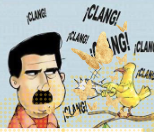
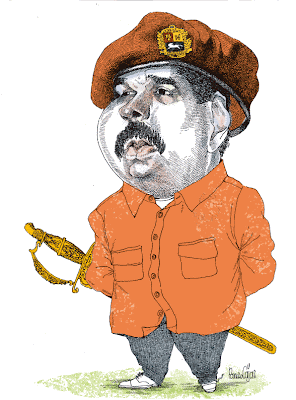
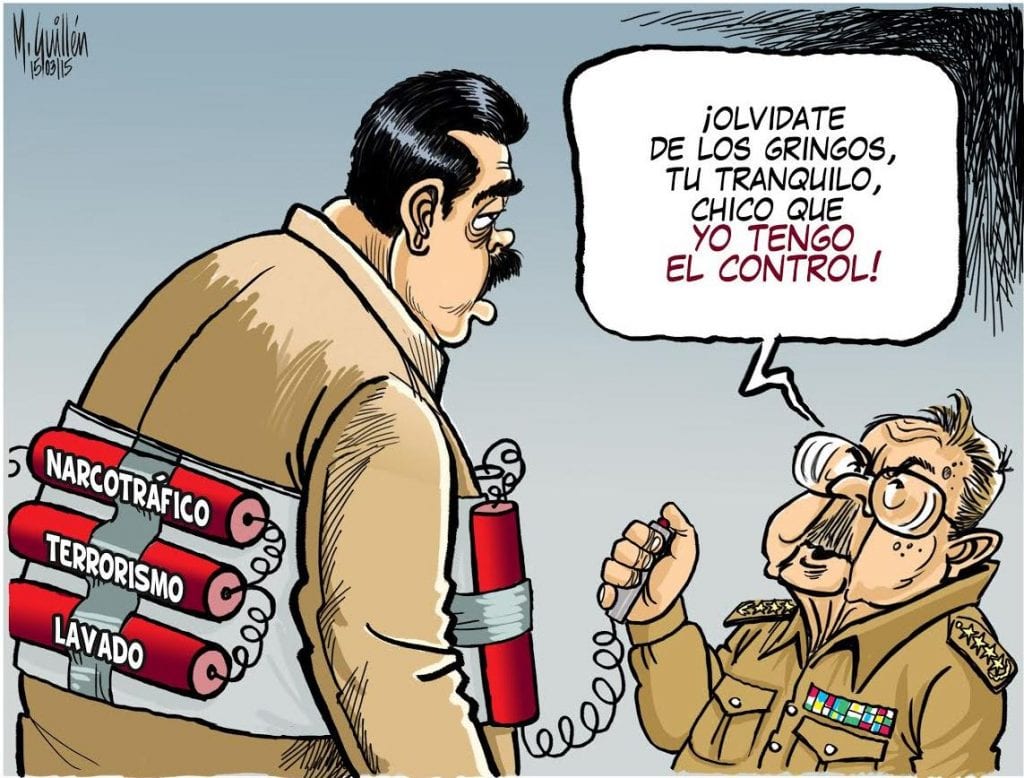
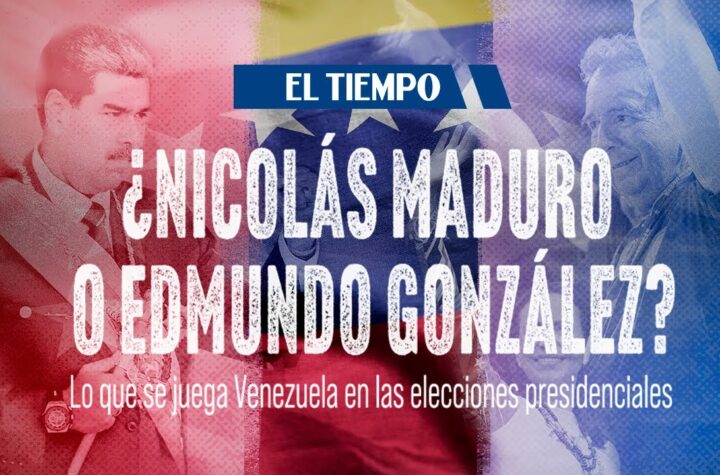
More Stories
Venezuela, elecciones entre pajaritos y mariposas
Maduro seeks to bolster military support ahead of next election
¿Qué hará Cuba el 28 de julio?